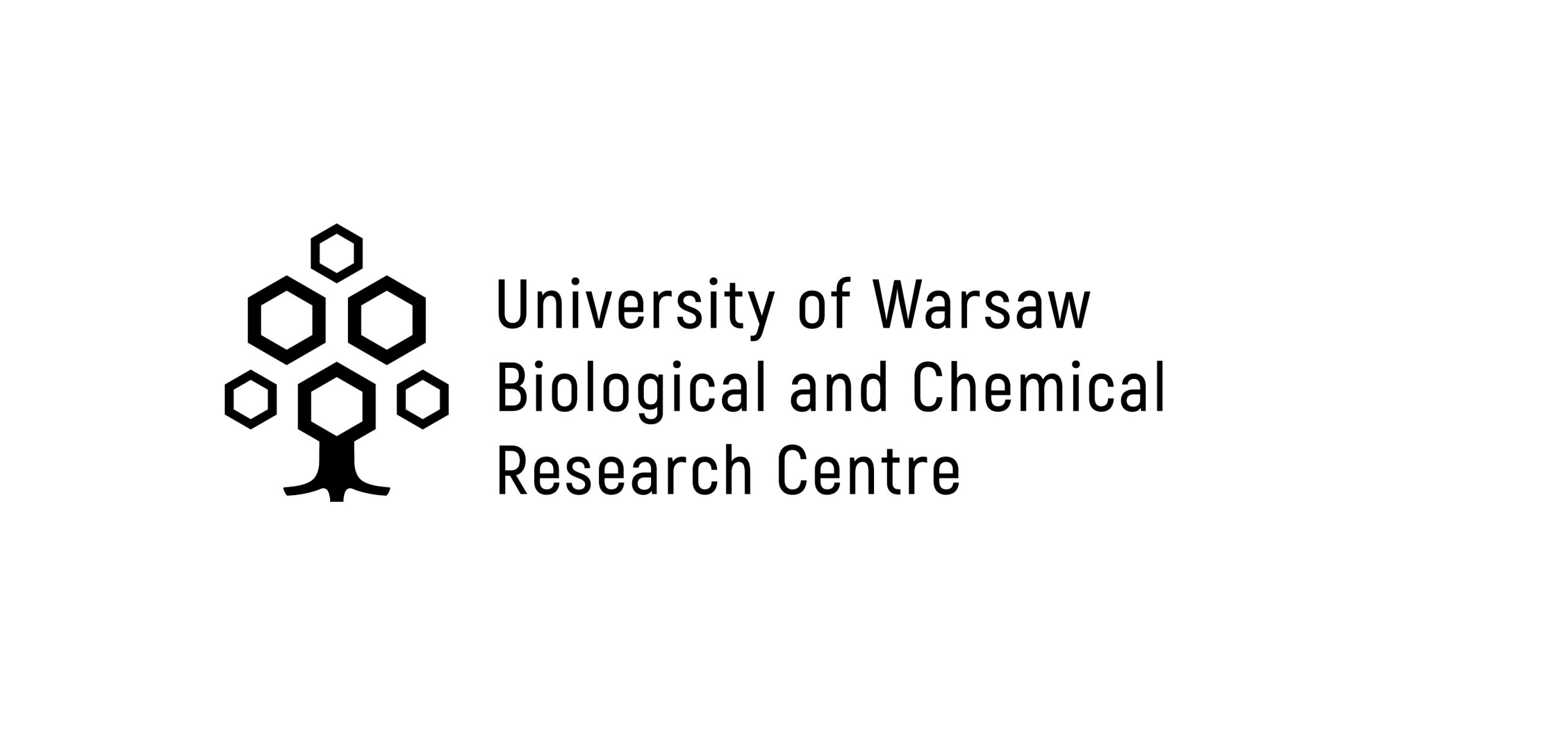Laboratory of Biogeochemistry and Environmental Conservation
Description of the Group
We specialize in the analysis of physical and chemical properties of water, waste water, soil, sediments and biological materials on the basis of current legal regulations and norms.
We offer:
- biogeochemical and toxicological research of environmental samples,
- services, consulting and expert opinions in the area of environmental monitoring, conservation and restitution, and environmental impact assessments
- courses, trainings and internships
Team
We conduct research in the fields of: ecology and ecosys-tem conservation, species/population ecology, biogeochem-istry and environmental toxicology. The group is composed of seven interdisciplinary research teams, specialised in the following fields:• Biogeochemistry and environmental toxicology (M.Mętrak, Ph.D & M. Suska-Malawska, Ph.D., D.Sc.) – biogeochemical control over the functioning of terrestrial ecosystems; processes of chemical degradation of the environment,• Ecology and toxicity of cyanobacteria (I. Jasser, Ph.D., D.Sc.) – occurrence, diversity and ecophysiological properties of toxic and non-toxic cyanobacteria,• Vertebrate ecology (M. Brzeziński, Ph.D., D.Sc. & J. Jedlikowski, Ph.D.) – ecology of vertebrate communities and invasive species; behavioural ecology of wetland birds,• Plant ecology and biogeography (P. Pawlikowski, Ph.D & Professor B. Sudnik-Wójcikowska) – ecology of peat-forming, aquatic, steppe and grassland ecosystems, biogeography of environmental islands,• Land-plant ecology (M. Wódkiewicz, Ph.D., D.Sc. & H. Galera, Ph.D.) – plant ecology; morphological and genetic diversity of island populations,• Plant ecology and nature conservation (W. Kotowski, Ph.D, D.Sc. & E. Jabłońska) – ecology and restitution of plant communities (peatlands, river valleys) and their links with habitat gradients,• Random uncertainty in biological studies (T. Wyszomirski, Ph.D) – treatment of statistical uncertainties in research practice
Research Activities
We conduct research in the fields of:ecology and ecosys-tem conservation, species/population ecology, biogeochemistry and environmental toxicology.
The group is composed of seven interdisciplinary research teams, specialised in the following fields:
• Biogeochemistry and environmental toxicology (M.Mętrak, Ph.D & M. Suska-Malawska, Ph.D., D.Sc.) – biogeochemical control over the functioning of terrestrial ecosystems; processes of chemical degradation of the environment
• Ecology and toxicity of cyanobacteria (I. Jasser, Ph.D., D.Sc.) – occurrence, diversity and ecophysiological properties of toxic and non-toxic cyanobacteria
• Vertebrate ecology (M. Brzeziński, Ph.D., D.Sc. & J. Jedlikowski, Ph.D.) – ecology of vertebrate communities and invasive species; behavioural ecology of wetland birds
• Plant ecology and biogeography (P. Pawlikowski, Ph.D & Professor B. Sudnik-Wójcikowska) – ecology of peat-forming, aquatic, steppe and grassland ecosystems, biogeography of environmental islands
• Land-plant ecology (M. Wódkiewicz, Ph.D., D.Sc. & H. Galera, Ph.D.) – plant ecology; morphological and genetic diversity of island populations
• Plant ecology and nature conservation (W. Kotowski, Ph.D, D.Sc. & E. Jabłońska) – ecology and restitution of plant communities (peatlands, river valleys) and their links with habitat gradients
• Random uncertainty in biological studies (T. Wyszomirski, Ph.D) – treatment of statistical uncertainties in research practice
